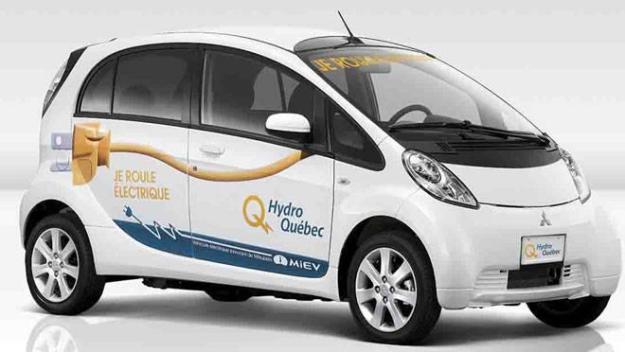
What if you could fully charge your electric car in five minutes flat? Sounds too good to be true, right? Well, that is exactly the question Canadian utility company Hydro-Quebec is asking. and on the verge of answering no less.
According to blog Wheels, the company is busy toiling away on an all-electric vehicle charging system that would recharge a near fully depleted electric car battery in about five minutes.
Hydro-Quebec is startup in the industry: It has over 30 years of experience studying batteries and an annual research war chest in the region of $100 million. Thanks to its healthy funding the company has already been able to develop a system that can fully recharge a small lithium-ion cell in just one minute. That’s enough juice to power a laptop for those looking for a more tangible approximation.
If successful, Hydro-Quebec’s project, which just so happens to be collaborative effort with the United States Department of Energy, would go a long way to further the EV cause. As it stands, one of the major drawbacks of electric vehicles are their less-than-convenient charge times. While most owners can make due, charging one’s electric vehicle for multiple hours on end isn’t exactly convenient. By lowering the amount of time it takes to charge an electric car to five minutes, Hydro-Quebec could theoretically eliminate concerns over battery range as well, effectively killing two birds with one stone.
Simply put, faster charging times make electric cars a much more attractive and viable option in the eyes of consumers, even if range limits carry on well below the average of their gasoline-fueled counterparts. That increased viability could have a direct impact on EV sales, a tidbit Hydro-Quebec and the DOE are surely hip to.
Of course we’ll have to wait and see how it actually pans out as both the DOE and Hydro-Quebec are expected to secure patents related to the project by the end of year. Still, we look forward to seeing if this technology has required legs needed to run away with a truly groundbreaking solution.
Editors' Recommendations
- Best electric car charger deals: $100 off home charging stations
- The best EV charging apps help you find the right station for any electric car
- Nissan teams up with EVgo to provide free charging of Leaf vehicles in U.S.
- Ford’s upcoming electric cars will share VW’s Electrify America charging network
- Volta is building a free electric car fast-charging network. No, really


